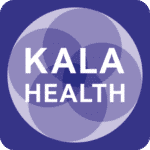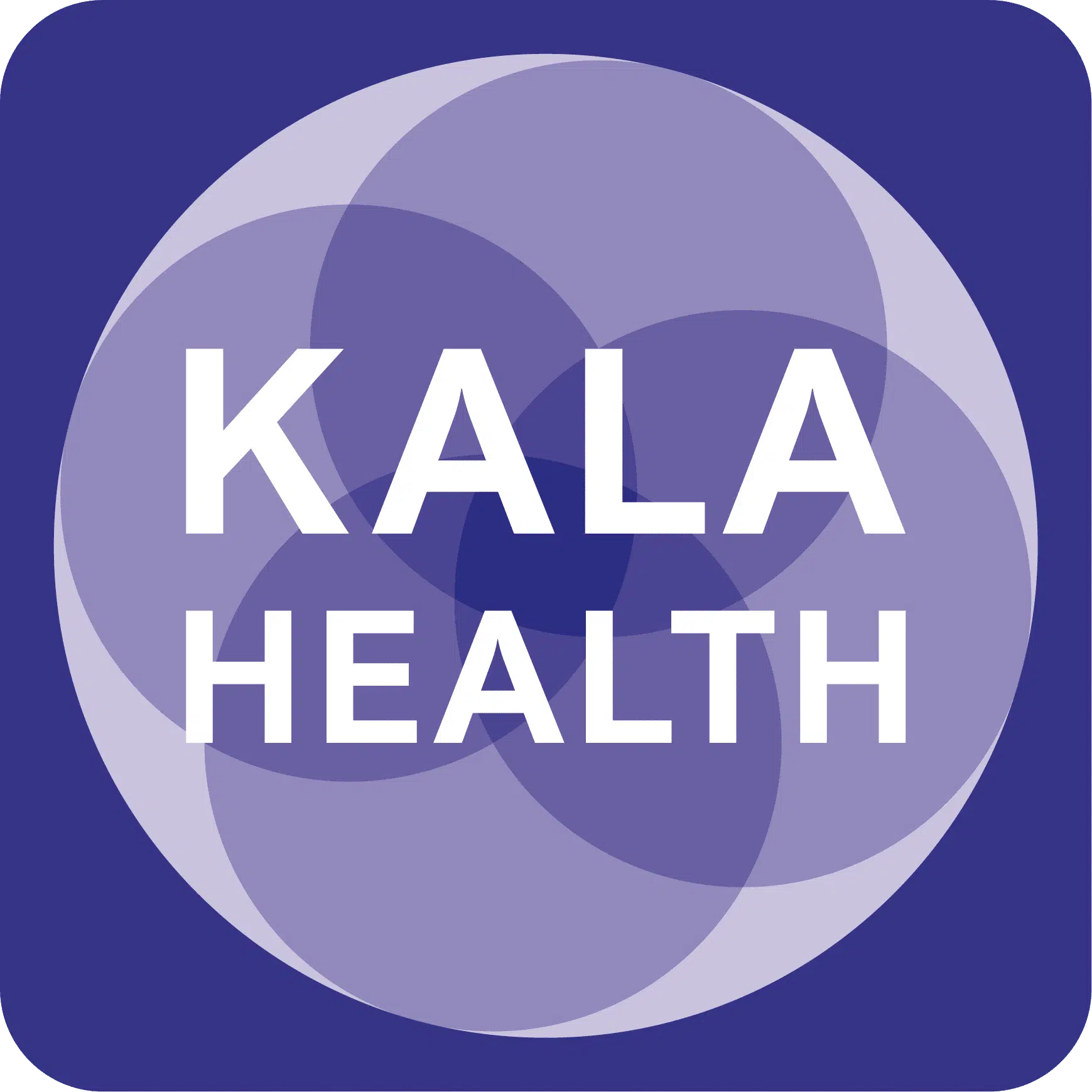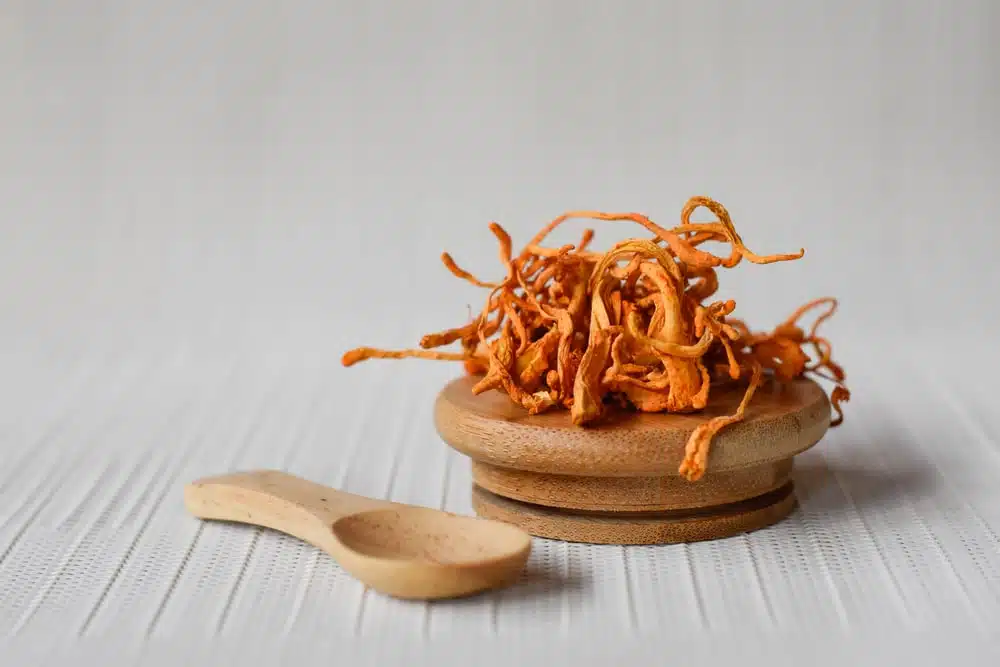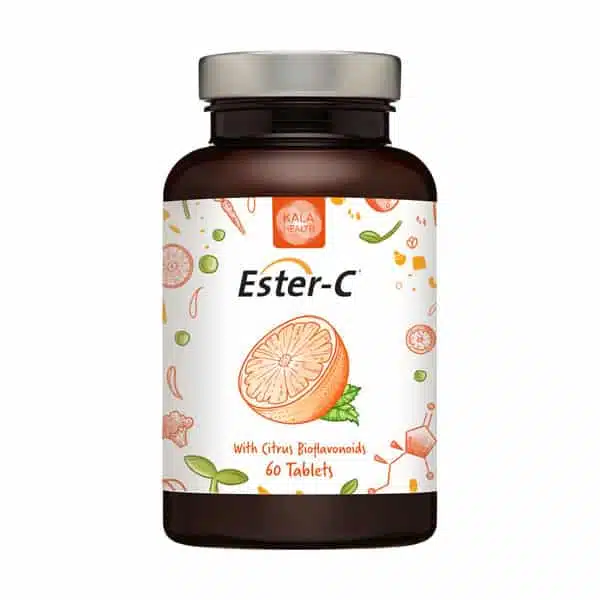You might be wondering: are caterpillars with cordyceps still being used? Our experts at Kala…
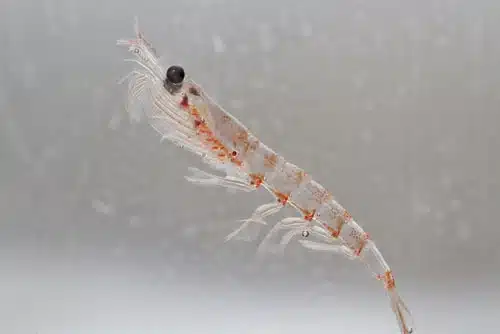
What is the best omega-3 supplement on the market UK?
You might be wondering: What is the best omega-3 supplement on the market UK right now? To be able to answer that question, we must look at what the best type of omega-3 is in general, and of course, why.
What is the best omega-3 supplement on the market UK?
According to a study by Progress in Lipid Research, 97% of the world’s population does not have the optimal amount of omega 3 fatty acids in the body. The lowest values were found in North America, Central America, Europe, the Middle East, Southeast Asia, and Africa – countries that have Western diets.
Various studies have shown that the best form of omega 3 is not fish, but krill. This is because the phospholipids in krill oil are absorbed twice as well as fish oil. Phospholipids are the main transporter of the omega 3 acids (EPA and DHA) through the bloodstream. Phospholipids in krill oil deliver the omega 3 and choline to parts of the body where it is needed most: the brain, heart, eyes and liver.
What is the best omega-3 supplement on the market UK: Why krill oil?
Krill oil has a unique composition of four important nutrients:
- 1 Omega 3 fatty acids EPA and DHA
These essential fatty acids are by far the most researched and have many benefits for heart, eye, liver and brain health. - 2 Phospholipids
Phospholipids help to integrate omega-3 into the membranes of the cells. As a result, the fatty acids are absorbed much better than other types of fish oil. - 3 Chlorine
Chloline is an important nutrient that supports various bodily functions, such as nerves, the liver, and the use of muscles. The body cannot make enough of this, so it is recommended to get enough through food. - 4 Astaxanthin
This is a natural oxidant which gives the krill oil its famous red color. It protects the oil from oxidation, so no unnecessary preservatives need to be added. Read about the health benefits of krill oil here.
Is krill oil sustainable?
The SUPERBAKrill used in Kala Health’s Krill Oil is captured by The Aker BioMarine. For the past 5 years they have been voted the most sustainable fishery and are the only fisheries to receive an ‘A’ rating from the Sustainable Fisheries Partnership. Before the fishing for krill started, contact was made with WWF Norway to ensure that the fishing would not have an impact on the ecosystem. The Eco-Harvesting technology ensures that there is minimal bycatch. In addition, Aker BioMarine has partnered with the Antactic and Southern Ocean Coalition (ASOC) and WWF Norway to establish the Antarctic Wildlife Research Fund (AWR). This fund aims to initiate and promote new research in the Antarctic marine ecosystem. Since its inception, nine projects have been set up that regulate the direction of krill fishing. In addition, since 2018 there have been several projects such as the Vuluntary Pinguïn Buffer Zone to protect penguins during the breeding season. Two years later this expanded to a permanent enclosed area at the top of the Antarctic Peninsula.
The total allowable capture percentage is less than 1% of the biomass. That leaves over 99% for the ocean animals that feed on krill. The Commission for the Conservation of Antarctic Marine Living Resources (CCAMLR) uses a preventive, ecosystem-based approach designed to prevent krill fishing from negatively impacting the ecosystem. All catches must be reported to the CCAMLR and the fishing itself is only allowed in a specific spot in the Antarctic called Area 48. The rules are strict, there are 25 different municipalities that deal with fish regulation rules in the Antarctic Ocean.
Interested and want to know more about krill oil as a supplement? Click here.
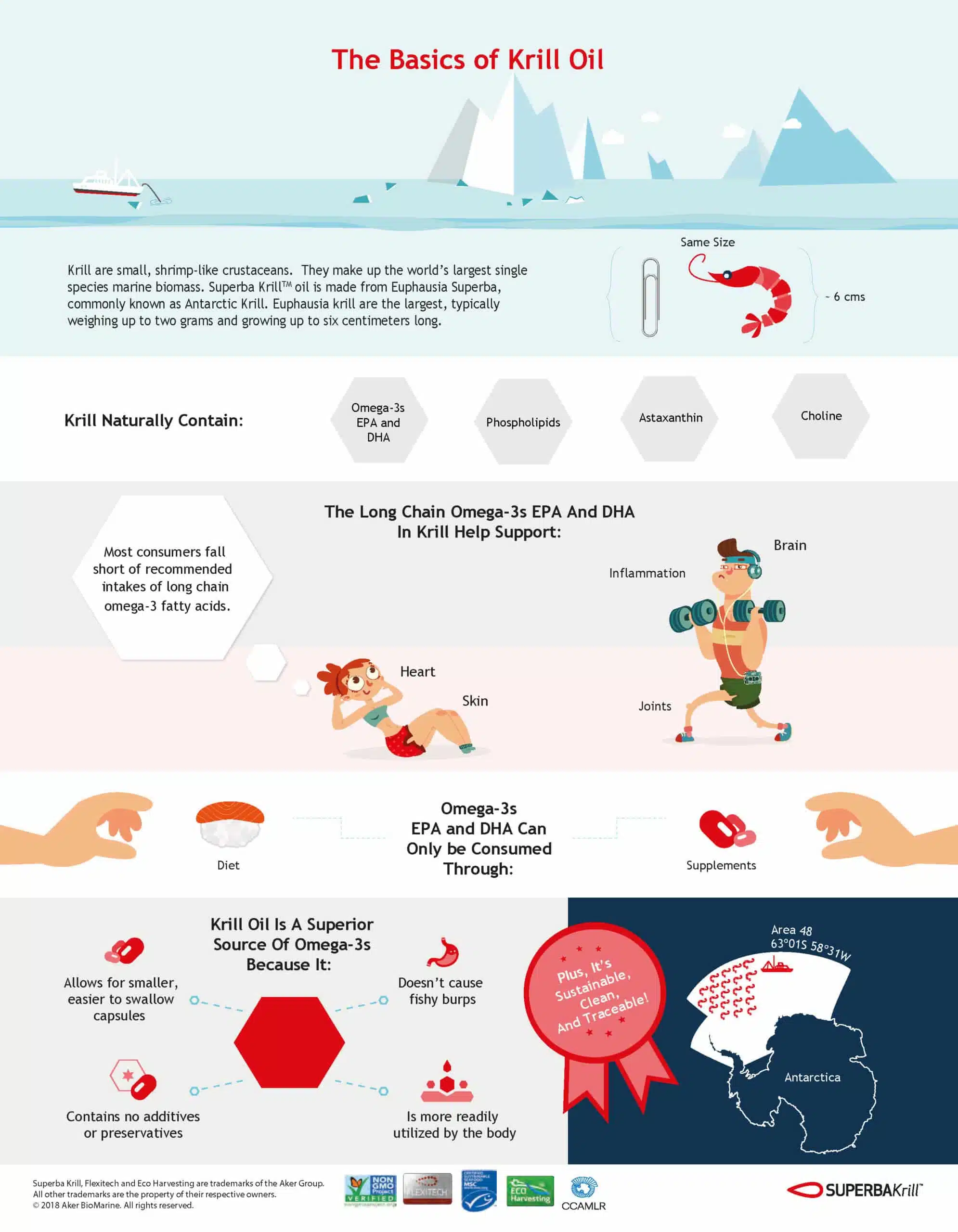
Source
https://www.superbakrill.com/
Deutsch, L. (2007). Evaluation of the Effect of Neptune Krill Oil on Chronic Inflammation and Arthritic Symptoms. Journal of the American College of Nutrition, 26(1), 39–48. https://doi.org/10.1080/07315724.2007.10719584
MD; Fotini Sampalis, PhD; Roxandra Bunea, MD; Marie France Pelland, MD; Odile Kowalski, & MD; Natalie Duguet. (2003). Evaluation of the Effects of Neptune Krill OilTM on the Management of Premenstrual Syndrome and Dysmenorrhea. Alternative Medicine Review.
